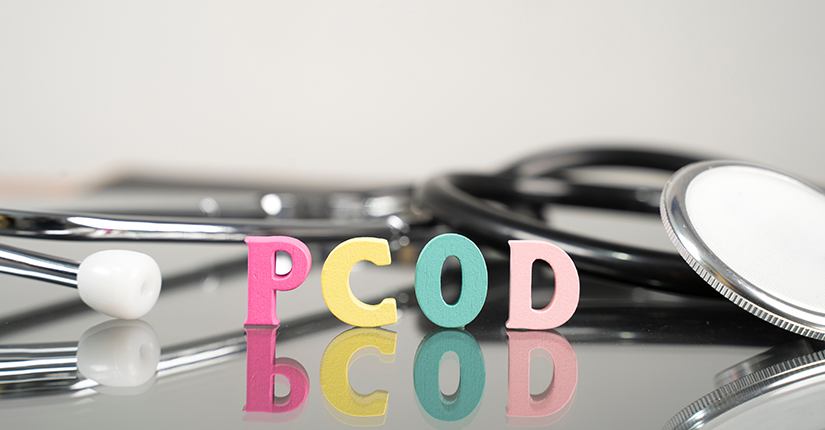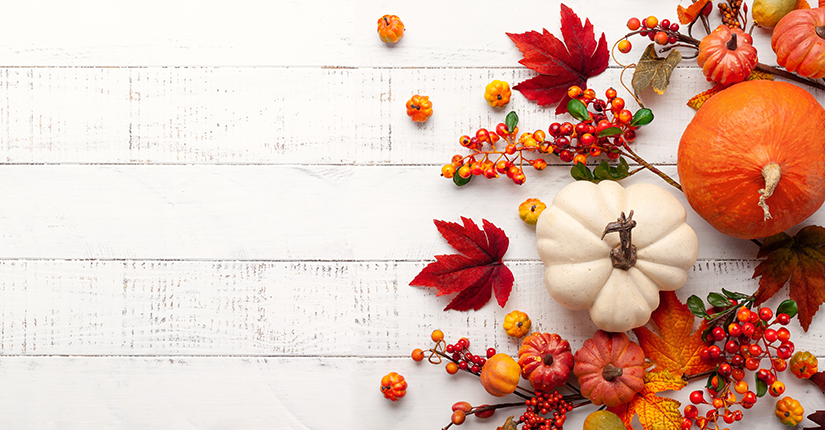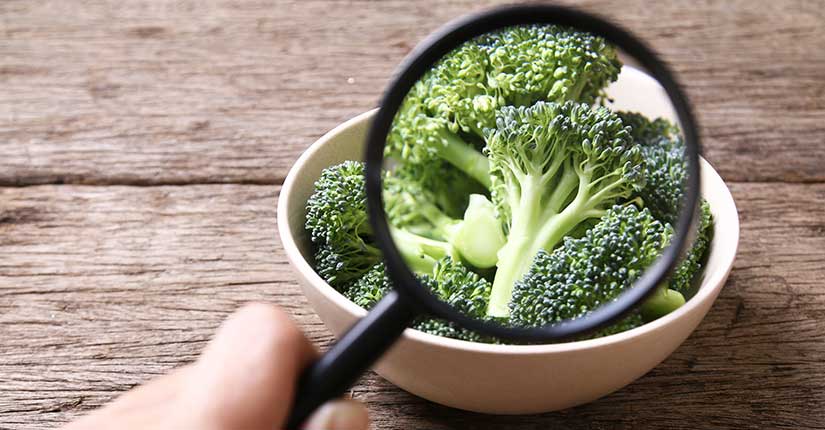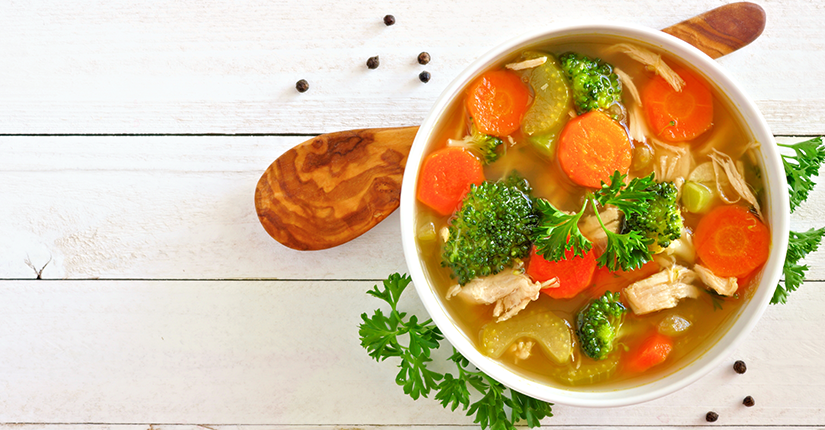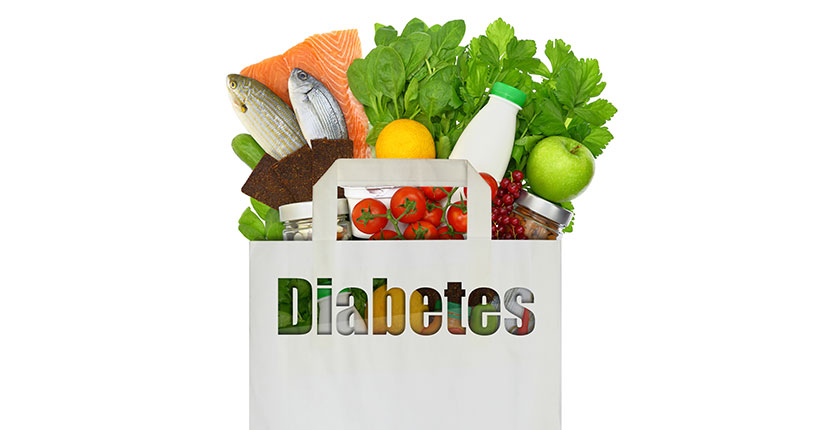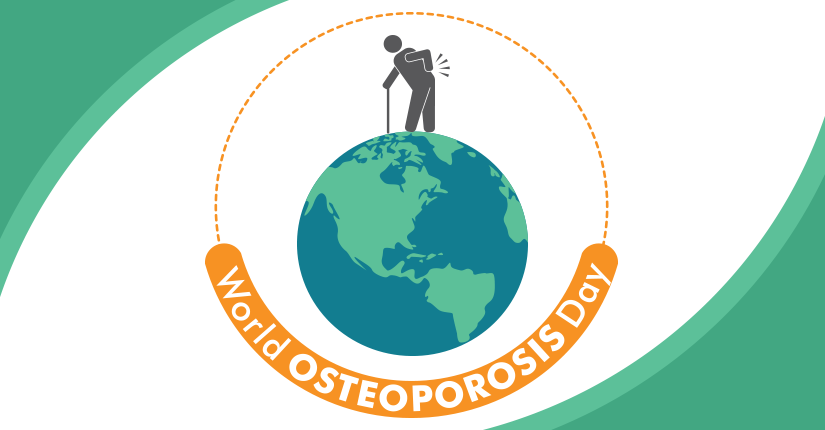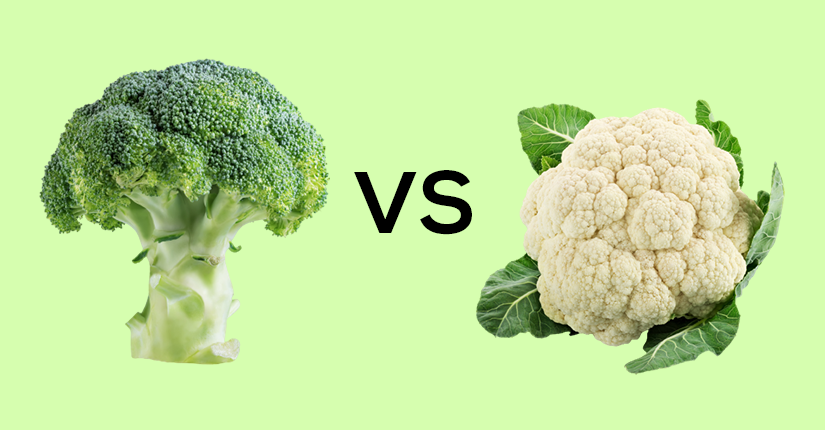Breastfeeding and Weight Loss- The Complementary Phenomenon
By Nmami Agarwal 05-Aug 2020 Reading Time: 6 Mins

It is no wonder that after the delivery of your baby, you will lose a little weight right away. Later on weight loss varies from woman to woman. Most women worry about not being able to lose all the weight they gain but, for some, the kilos just shed off. We’ll guide you on how much weight should you lose, and what happens if you lose too much weight too quickly?
Losing Weight Post Delivery
Immediately after your baby is born, you will lose about 10 to 12 kilos. That’s a combination of your baby’s weight plus the placenta and the amniotic fluid. Then, during the next few days, you will lose about 5 more kilos of water weight. After that, it’s normal and healthy to lose approximately 2 kilos a month for the next six months.
Could you be losing too much weight?
Losing too much weight too quickly is not a good sign for you or your baby. Excessive postpartum weight loss can leave you feeling exhausted and tired. You may also end up with a low breast milk supply or with breast milk that’s lacking in the nutrients that your baby essentially requires.
Causes
Excessive postpartum weight loss can be due to something within your control, or by a medical issue that you can’t control.
Here are a few reasons why you may be losing too much weight and what you can do about it:
- You’re breastfeeding
- You’re not eating enough
- You could have an overactive thyroid
If you choose to breastfeed, it may help you to lose weight and return to your pre-pregnancy body more quickly than if you don’t breastfeed. The hormones that your body releases when you breastfeed cause muscle contractions in your uterus. So, each time you breastfeed your baby, your uterus contracts and shrinks down. By six weeks after delivery, your uterus will be back to the size it was before you became pregnant and your extra fat or belly will go away.
It takes almost 500 extra calories a day to make breast milk. You get those extra calories from the foods that you eat every day and the fat that is already stored in your body. Using up those fat stores helps you to lose that pregnancy weight faster.
It takes a good amount of energy to breastfeed and ensure a healthy supply of breast milk. To get that energy, you need to eat enough. It’s not healthy to go on a diet, take diet pills, or cut the number of calories that you take in each day during lactation. Instead, make sure that you’re eating a variety of healthy foods to provide you with all the calories and nutrients that you need.
Postpartum hyperthyroidism is a health condition that can cause excessive weight loss and show symptoms like shakiness, palpitations, difficulty sleeping, restlessness, eye problems, exhaustion, and overabundant supply of breast milk.
If you’re worried about losing too much weight, consult your doctor. Depending on your weight before you become pregnant, how much weight you gained during your pregnancy and your overall health, the doctor can let you know how much weight loss is healthy for your body. Beyond providing nourishment and helping to protect your baby from getting sick, breast-feeding can also help you lose weight gained during pregnancy.
When you breast-feed, you utilize fat cells stored in your body during pregnancy — along with calories from your diet — to fuel your milk production and feed your baby. Weight loss during breast-feeding can occur even when you follow the recommendations to eat an additional 300 to 500 calories a day to keep up your energy and milk production.
Over to you
During breastfeeding, choose healthy food options. Opt for a variety of whole grains as well as fruits and vegetables and stay well hydrated. If you’re trying to lose weight, limit calories from added sugars and saturated fats such as soft drinks, desserts, processed and fried foods, cheese, and fatty meats. Moderate physical activity is necessary. If, after six months of breastfeeding, you want to lose more weight, you can more carefully restrict your calories as your baby begins to eat more solid foods while continuing breast-feeding.



